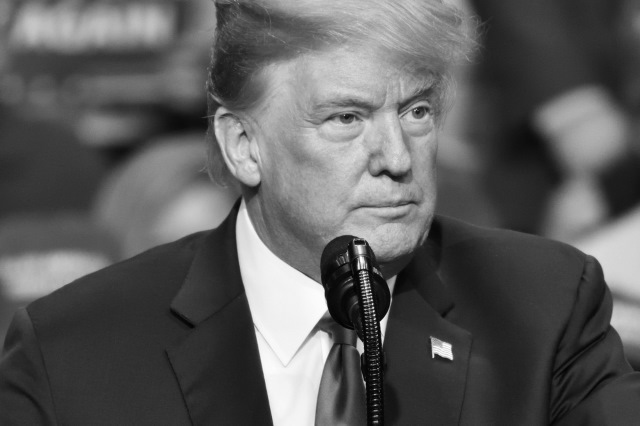
Banned from social media? Feeling persecuted and censored? Report it to Donald Trump!
The White House has launched a new tool that enables people to report the fact that they have been kicked off the likes of Twitter, Facebook, Instagram and YouTube.
The tool is aimed at people who have had their social media presence curtailed and "suspect political bias" is involved. Anyone who feels aggrieved is invited to "share your story with President Trump".
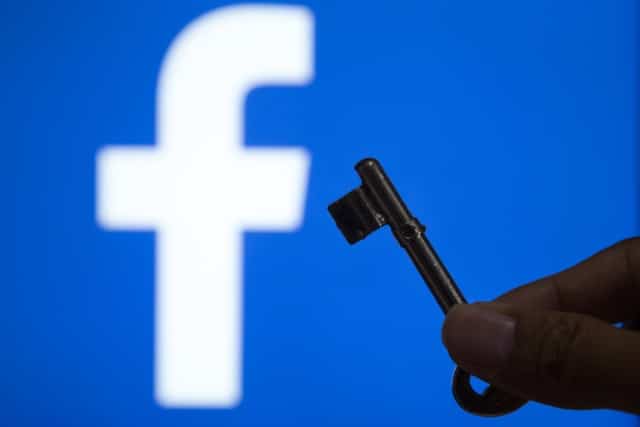
Four out of five people expect Facebook to have another data privacy issue this year
People are becoming more aware of the need to protect their data online, not just because of the rate of cybercriminal activity, but also because large organizations are frequently being careless with the data they hold.
A new survey of 1,000 people from OpenVPN reveals that four out of five people are expecting Facebook to face at least one more data privacy issue in the next year. In addition 71 percent say recent scandals have somewhat or severely negatively affected their view on Facebook, while 37 percent trust tech giants less now because they don’t think the companies have properly addressed the data privacy problems.
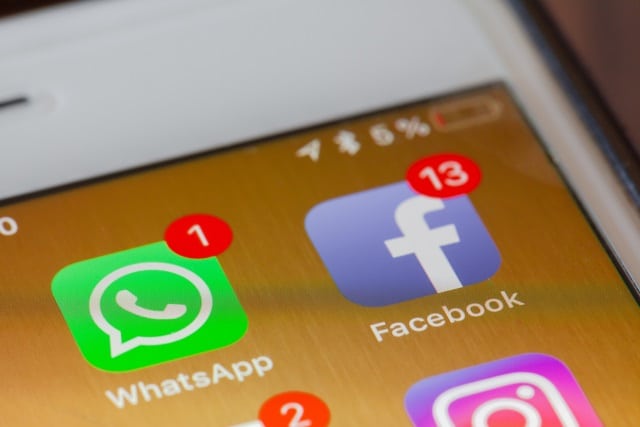
WhatsApp users urged to install app update to patch serious spyware vulnerability
Users of WhatsApp could be infected by dangerous spyware just by receiving a call. The spyware, which is thought to originate from Israeli cyber intelligence firm NSO Group, can be installed just by calling a target -- there is no need for the call to be answered.
A security advisory on the Facebook website does not go into much detail about the exploit, which takes advantage of a buffer overflow vulnerability. WhatsApp says it was discovered earlier this month, and with 1.5 billion users, there are a huge number of people that are potentially affected.
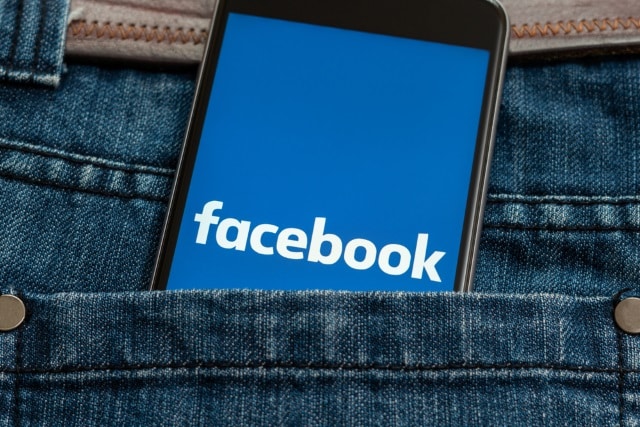
New York attorney general to investigate Facebook for scraping 1.5 million users' email contacts
Following the revelation that Facebook "unintentionally" scraped and uploaded 1.5 million users' email contacts, the New York attorney general's office has announced that it is opening an investigation into the social media giant.
Attorney general Letitia James said that it is "time Facebook is held accountable for how it handles consumers' personal information".
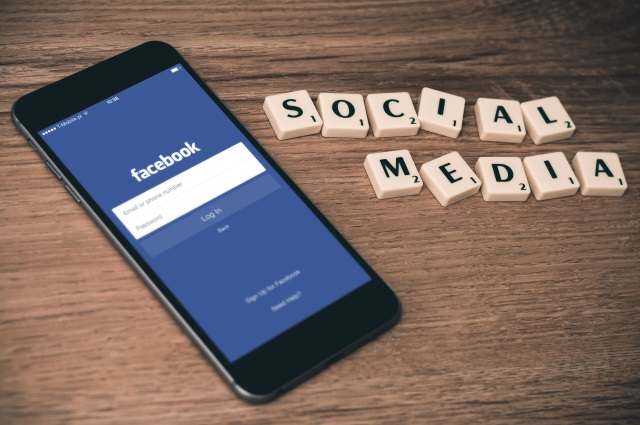
Why every enterprise needs data loss prevention for all social media channels
Security leaders face tough decisions when it comes to using social media in the workplace. Social and other digital channels are fundamentally changing the way modern businesses communicate. They’re tied to critical operations ranging from customer support to marketing to internal collaboration. Avoiding them isn’t an option. At the same time, relying on the security and privacy settings of these platforms can leave your company open to a serious incident.
It doesn’t help that social media comes with an enormous attack surface. The sheer scale of message creation on these platforms makes it especially hard to prevent the leakage of private data, like personally identifiable information (PII) and other privileged information. Security teams need to stop relegating social media as a communications channel. It is essentially a public cloud environment, and needs to be protected as such.
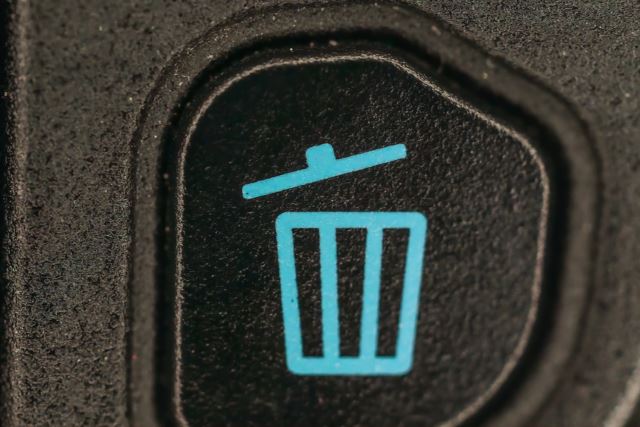
How to delete the contacts that Facebook may have scraped from you
With its invasive advertising, scant regard for privacy, and often poor approach to security, Facebook has done little over the years to win itself many friends. But to help boost your list of friends, it is possible that Facebook may have uploaded your email contacts without your knowledge.
The aim of this was to help find people you might know on the social network, but as there was little warning about the uploading of such private and sensitive information, there was an understandable backlash. If you're concerned about what Facebook has uploaded on your behalf, here's how to delete the contacts that may have been scraped from you.

Facebook: er, actually it was millions of Instagram passwords we stored in plain text, not thousands
With no fanfare whatsoever, Facebook has revealed that it stored the passwords for millions of Instagram accounts in plain text.
The news came as the company quietly updated a blog post from last month in which it revealed that it had stored hundreds of millions of unencrypted Facebook passwords on its servers. At the time, the company said "tens of thousands" of Instagram users were affected. Revising this figure upwards, Facebook says: "We now estimate that this issue impacted millions of Instagram users".

Privacy: Facebook 'unintentionally' scraped and uploaded 1.5 million users' email contacts
It seems that barely a week passes without another Facebook scandal emerging, and this week is no different. The company has revealed that it accidentally uploaded the email contacts of up to 1.5 million users who signed up for the social network since 2016.
A glitch meant that new users who signed up for email password verification had their email contacts scraped and uploaded without consent. As of last month , Facebook stopped offering this verification option to first-time users, although it's not clear if this is because of the privacy issue.
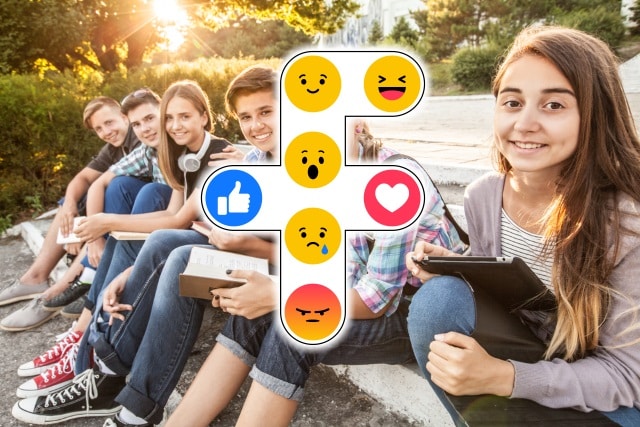
UK recommends that Facebook and other social media sites disable 'like' option and data collection for minors
UK watchdog the Information Commissioner's Office (ICO) has put forward new proposals it believes will help to improve the safety of children online. Among the recommendations is the suggestion that Facebook and other social media sites should disable "like" functionality for minors.
The ICO's "Age Appropriate Design" consultation document is a code of practice for online services, and includes proposals such as minimum age checks and an increase in privacy settings for minors. Another suggestion in the 16-point set of proposals is that social media firms limit the collection of personal data about under-18s.

Forget Easter eggs, Facebook Messenger now officially has a dark mode
Following the popular trend, Facebook has now officially rolled out the much-requested dark mode option to Facebook Messenger on both iOS and Android.
The feature was available as a secret Easter egg from the start of last month, but now it is being rolled out on a global basis for everyone to enjoy. Dark mode can now be accessed as a regular setting without the need to jump through any special hoops.
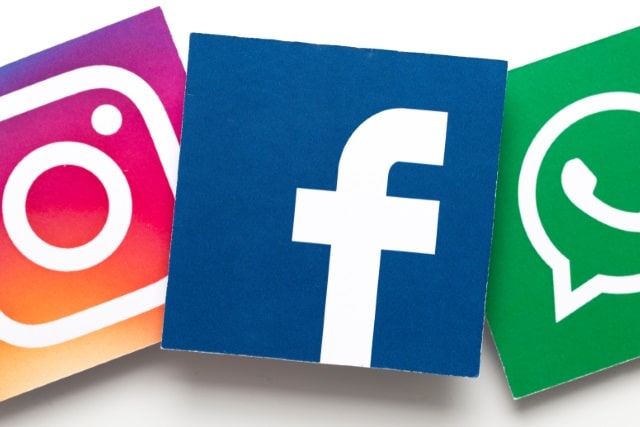
Facebook suffers huge outage, along with WhatsApp and Instagram
If you've had trouble accessing Facebook today, you're not alone. Users in the US, Europe and Asia struggled to access not only Facebook, but also the WhatsApp and Instagram services owned by the social media giant.
Facebook has said little about this incident which comes just a month after it suffered its worst outage ever, causing problems for users for over 24 hours. This weekend's outage led to #FacebookDown, #instagramdown, and #whatsappdown hashtags trending on Twitter, and numerous reports of problems were posted to Downdetector.
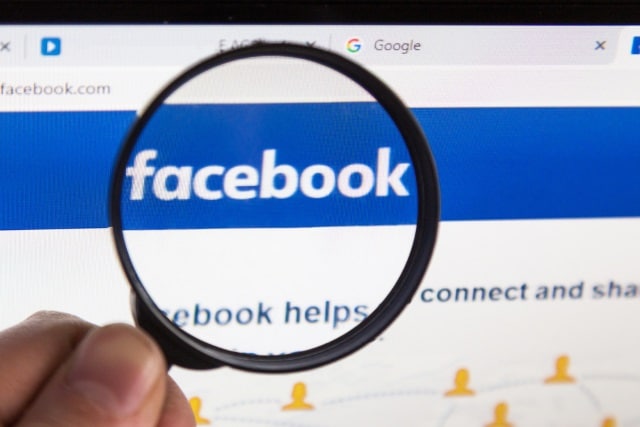
Facebook updates its terms and conditions in Europe to clarify personal data usage
Facebook has faced numerous battles and controversies around the world, but the social networking giant has come under particular fire from Europe. Today, in response to concerns raised by the European Commission, Facebook has agreed to update its terms and conditions in the EU to make it clear to users how their personal data is used.
The new terms clarify how user data is shared with third parties, and how it can be used to target advertising. They also explain how users can close their accounts if they want, and detail reasons for which accounts can be disabled.
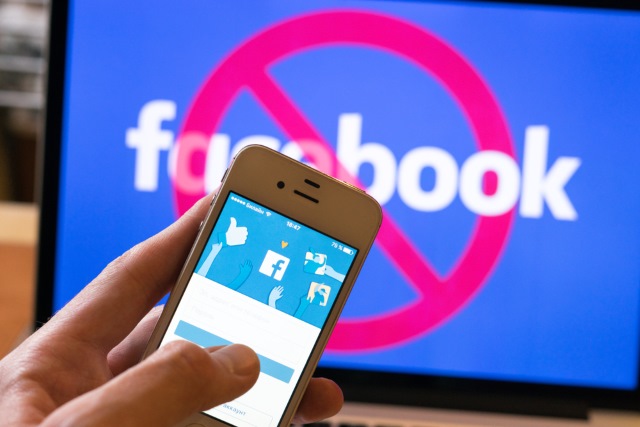
How I quit social media, but it didn't quit me
My name is Jason Kingdon, social media addict and Founder and CEO of BOLDFISH. I've been Facebook free for three years now, but I can't seem to separate it from my life. Wherever I go, there it is. Sign in with Facebook or follow us for more. At networking events, new contacts are incredulous and offended when I state my lack of social media. He lies, their eyes read.
Some of my friends have acclimated to just texting me, but others have fallen out of touch. I've become accustomed to the "OMG! How are you!? I haven't seen you in forever! Are you still in China?" It’s as though time had frozen since the last time we made contact. There are amazing memories from pictures and status updates, yet they assume that what they consume is all that there ever was or will be.
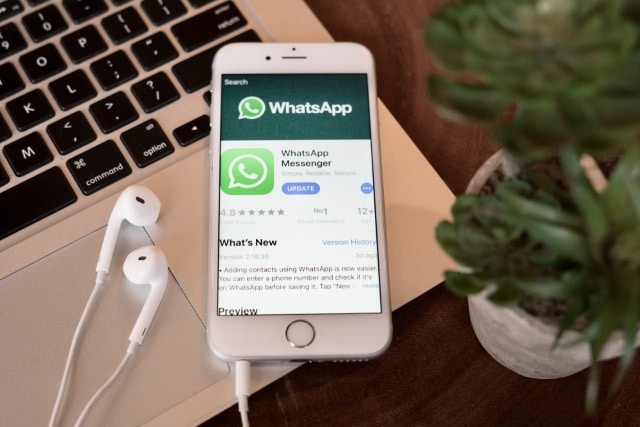
WhatsApp now lets you block people from adding you to a group chat
Facebook is hardly renowned for respecting privacy, but with WhatsApp the company is taking a small step to give users greater control.
A change to privacy settings for groups means that it is now possible -- at last -- to avoid being added to a group chat you don't to be involved in. WhatsApp has announced that "we're introducing a new privacy setting and invite system to help you decide who can add you to groups".
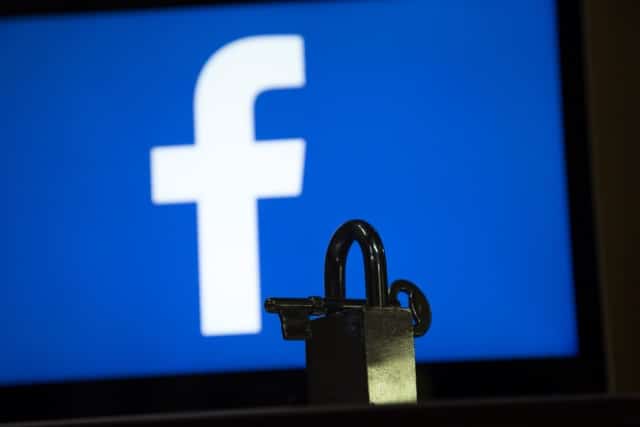
Data of 540 million Facebook users exposed in latest privacy cock-up
It is only a couple of weeks since we learned that Facebook has been storing user passwords in searchable plain text, and now there is -- yet another -- privacy scandal. This time, the private data of over half a billion Facebook users was left exposed on publicly-accessible Amazon servers.
Security firm UpGuard discovered that the private data of 540 million Facebook users was exposed in Amazon Web Services S3 buckets. Now removed, the data included identification numbers, comments, reactions and account names. In some instances, names, passwords and email addresses were also exposed.
